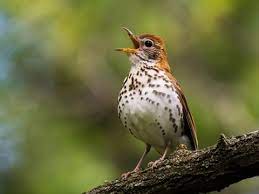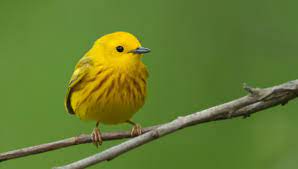
What is the best thing you can do? Like all questions that lack a single answer, it’s worth some thought. Worth some poetry, too, as Ron Padgett found out when he embarked on writing “The Best Thing I Did,” which at least afforded him the luxury of hindsight and the audacity of choosing.
His choice wasn’t bad, either. Nor would yours be, if the word “love” were involved. It seems to be the constant among prophets in all major religions. Love. Against all odds. Despite the easier, more bitter fruits of hate and resentment.
But for Padgett, the love is elemental, reaching back to childhood. The love of a mother. The sacrifice. The willingness to give and not expect anything in return. Let’s see how he expresses it in stanzas:
The Best Thing I Did
by Ron Padgett
The best thing I did
for my mother
was to outlive her
for which I deserve
no credit
though it makes me glad
that she didn’t have
to see me die
Like most people
(I suppose)
I feel I should
have done more
for her
Like what?
I wasn’t such a bad son
I would have wanted
to have loved her as much
as she loved me
but I couldn’t
I had a life a son of my own
a wife and my youth that kept going on
maybe too long
And now I love her more
and more
so that perhaps
when I die
our love will be the same
though I seriously doubt
my heart can ever be
as big as hers
Some people object to a poem’s title also being in the poem itself. This school of thought bridles, especially, at the sight of the title in the first line.
Of course, you can always play the trick of treating the title like it’s the first line, but some people object to that even more.
As a poet, you’re not thinking about objections, though. You’re just trying to wrestle wild and disparate thoughts into a sack—no easy feat.
This poem works because it reflects the tortured mind of its narrator. It is all at once both homage and regret. At least the narrator had the decency to outlive his mother, for no parent ever wants to witness the loss of a child. But really, how much effort did that require?
Then come the wishes, the regrets, the rationalizations: I should have loved her more; I wasn’t so bad, really; I was busy with a wife and son of my own; and, the clincher, “my youth that kept going on / maybe too long.”
Still, now that his mother is gone, the love has only become greater, with the hope that it might actually match hers some day. But that’s all it is: hope. The premise of the poem establishes that it never can. The nobility of the poem professes that it wants so badly to try.
As for Mom, were she alive, she would have cherished this poem above all else. Secretly or not, I think the poet knows as much. It takes a while for meditations to evolve into poetry, after all, and though the poet-narrator’s love may never be a match for his mother’s, surely this is the best “second best” a son can muster.




